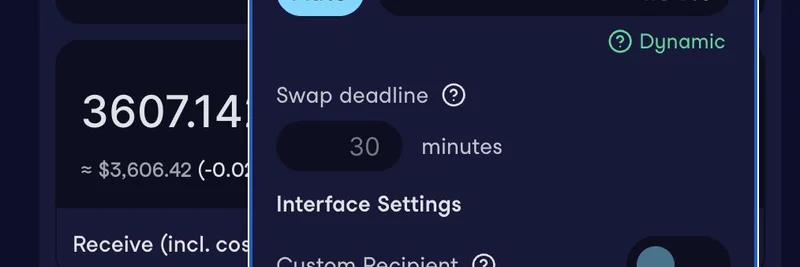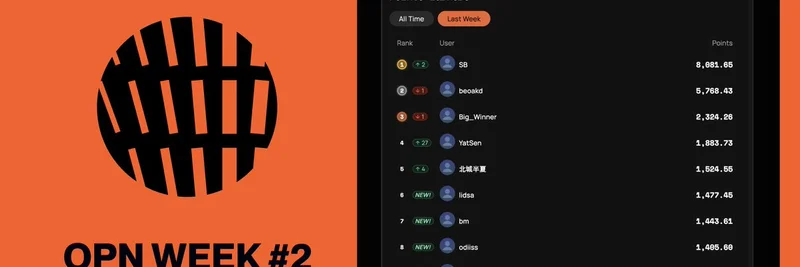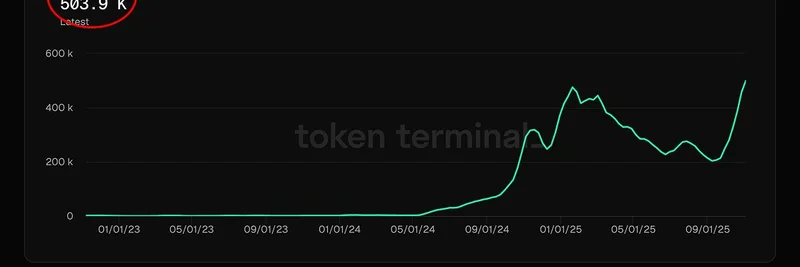In the fast-paced world of cryptocurrency, where innovation meets everyday finance, a recent tweet from Mert, CEO of Helius Labs, serves as a stark reminder of the trade-offs we've made in the digital age. Quoting his own earlier post, Mert points out a fundamental flaw in stablecoins: despite holding them in your own wallet, the central issuer can still lock you out. This isn't possible with physical cash, which truly belongs to you once it's in your hands.
Stablecoins, like USDT or USDC, are designed to maintain a steady value pegged to fiat currencies such as the US dollar. They're incredibly useful for trading, remittances, and avoiding crypto volatility. However, as Mert emphasizes, they're essentially IOUs – promises from a central entity that can be tracked, frozen, or seized. This traceability stems from their blockchain nature, where transactions are public and issuers retain control over blacklisting addresses.
Contrast this with meme tokens, which often launch on decentralized platforms like Solana. Many meme coins, born from community hype and fair launches, lack a central issuer with override powers. Once you hold them in a self-custody wallet, they're yours – no one can freeze your Dogecoin or Shiba Inu holdings remotely. This decentralization aligns more closely with the ethos of true financial sovereignty, though it comes with its own risks like extreme price swings.
Mert's message isn't meant to spread fear, uncertainty, and doubt (FUD) about stablecoins. He acknowledges their utility but stresses the need for awareness. In a world shifting toward central bank digital currencies (CBDCs), which could amplify government oversight, understanding these nuances is crucial for blockchain practitioners.
For those building or trading in the meme token space, this highlights the importance of privacy-focused tools. Projects like Zcash (ZEC), mentioned in replies to Mert's tweet, offer shielded transactions that mimic cash's anonymity. On Solana, where Helius provides RPCs and infrastructure, emerging privacy protocols could bridge the gap, ensuring meme token ecosystems remain resistant to external interference.
As we navigate this landscape, remember: not all digital assets are created equal. Self-custody is empowering, but with stablecoins, it's an illusion compared to the untraceable freedom of cash. Stay informed, diversify wisely, and always control your keys.
If you're diving deeper into meme tokens, check out resources on Solana's ecosystem via Helius Labs for robust developer tools.



